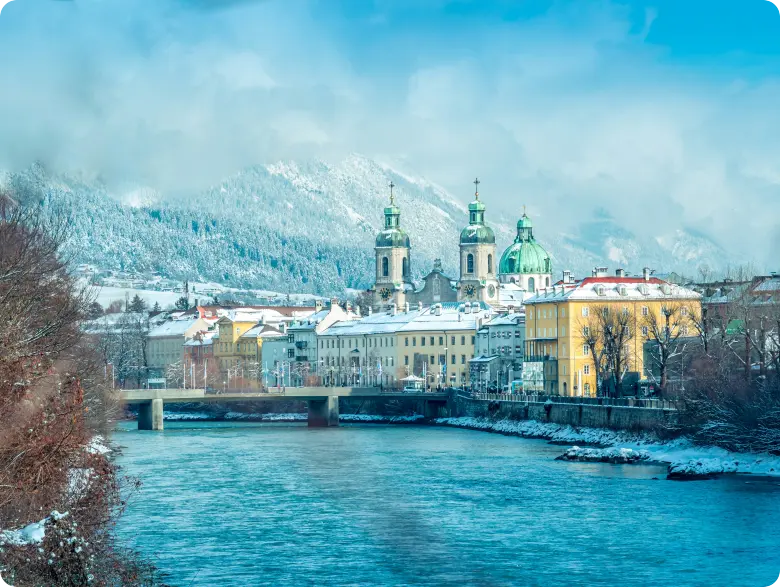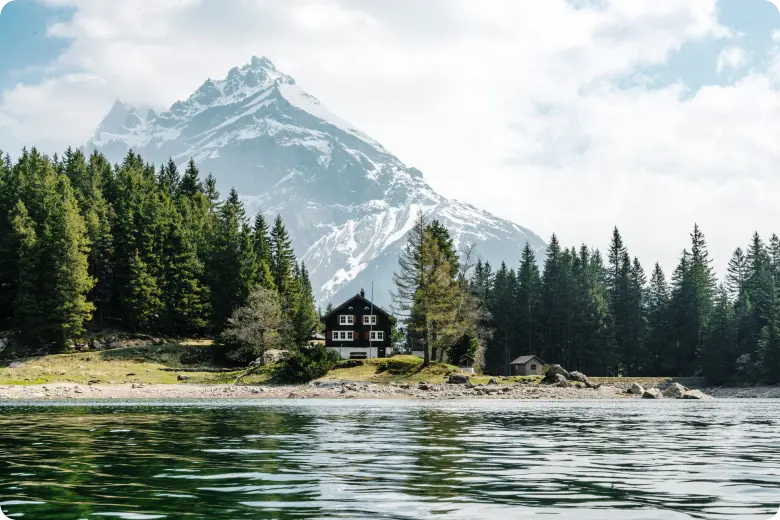How the Swiss permit system works?
Unlike many countries, you don't just get a "visa"; you get a specific type of residence permit. The type of permit you receive dictates the length of your stay and your rights within the country.
- L Permit (Short-Term Residence): This permit is granted for a specific, temporary purpose, usually for up to one year. It is often used for short-term work contracts or specific educational programs. It can be renewed, but it does not automatically lead to a long-term permit.
- B Permit (Initial Residence): This is the standard residence permit that most non-EU citizens receive when they first move to Switzerland for work, family reunification, or study. It is typically valid for one year and is renewable. For non-EU citizens, a B permit is often tied to a specific purpose (e.g., the employer who sponsored you).
- C Permit (Permanent Residence / Settlement Permit): This is the holy grail of Swiss residency. It grants you the right to live and work in Switzerland indefinitely, change employers freely, and establish your own business. It is typically granted after 5 or 10 years of continuous residence with a B permit and requires a high level of integration, including proficiency in one of the national languages.
Visa for every (qualified) applicant
All applications for long-term visas are subject to a dual approval system: they must be approved by both the responsible cantonal (state) migration authority and the federal State Secretariat for Migration (SEM).
Work: Most Common (but Competitive) Route
This is the primary pathway for most non-EU professionals. However, it is subject to strict quotas and labor market testing.
- Who is it for? Highly qualified and skilled specialists, managers, and individuals with a university degree and several years of professional experience. General or unskilled workers from non-EU countries are almost never admitted.
- Main Requirements:
. A Confirmed Job Offer: You cannot apply for a work permit without a specific job offer from a Swiss employer.
. Labor Market Priority: Your employer must prove that they could not find a suitable candidate for the position from within Switzerland or any EU/EFTA country. This is a very high bar to clear.
. Quotas: There are strict annual quotas for the number of work permits that can be issued to non-EU citizens.
. Personal Qualifications: You must have the required educational background and professional experience for the job.
- The Process: The Swiss employer submits the application to the cantonal authorities on your behalf. If the canton approves it, it is forwarded to the SEM for final federal approval. Only after both have approved can you receive your visa to enter Switzerland and collect your B permit.
- Intra-Company Transfer: A specific type of work permit exists for essential managers and specialists who are being transferred from a foreign branch of a company to its Swiss office for a temporary assignment.
For Study (Student Visa)
This is a popular way to experience life in Switzerland, though it is a temporary permit and does not directly lead to permanent residency.
- Who is it for? Students who have been accepted to study at a recognized Swiss university, federal institute of technology, or other accredited educational institution.
- Main Requirements:
. Letter of Acceptance: An official confirmation of your admission to the institution.
. Proof of Financial Means: You must prove you have sufficient funds to cover your tuition and living expenses for the duration of your studies (currently around CHF 21,000 per year).
. A Written Commitment to Leave: You must submit a signed letter stating that you will leave Switzerland upon completion of your studies.
. Appropriate Accommodation: Evidence of where you will live.
- After Graduation: Upon successful completion of a Swiss Master's or PhD, you can apply for a six-month L permit to search for a job in Switzerland. If you find one, you can transition to a work-based B permit, but you will still be subject to labor market rules.
Family Reunification
This visa allows close family members to join a person who already holds a valid Swiss residence permit.
- Who is it for? Spouses or registered partners and minor children (under 18) of a Swiss citizen or a non-EU citizen holding a B or C permit.
- Main Requirements:
. Proof of Relationship: A valid marriage certificate or birth certificate.
. Sponsor's Status: The person in Switzerland must have a stable residence status (usually a C permit or a secure B permit).
. Financial Stability: The sponsor must prove they can financially support the joining family members without relying on social welfare.
. Adequate Housing: The sponsor must have a home large enough for the entire family by Swiss standards.
. Language Requirements: Spouses joining a B or C permit holder may need to demonstrate basic language skills in the language of their canton.
Financially Independent ("Retirement Visa")
This is a highly discretionary and challenging visa for wealthy individuals who do not intend to work in Switzerland. It is NOT a simple "show me the money" visa.
- Who is it for? Typically for individuals over the age of 55 who are no longer professionally active.
- Main Requirements:
. Sufficient Financial Means: You must prove you have substantial and ongoing financial resources to live comfortably in Switzerland for the long term without ever needing to work or claim social benefits. The exact amount is not publicly defined and is at the discretion of the canton.
. Strong Ties to Switzerland: This is a critical and often overlooked requirement. You must demonstrate a pre-existing, close connection to the canton you are applying to. This could include previous long-term residency, owning property for many years, frequent visits, or close family ties. Simply buying a house is not enough.
. Accident and Health Insurance: You must have comprehensive Swiss health and accident insurance.
- Cantonal Discretion: The approval for this permit is heavily dependent on the specific canton's own rules and interests. Some cantons are more open to it than others.




































